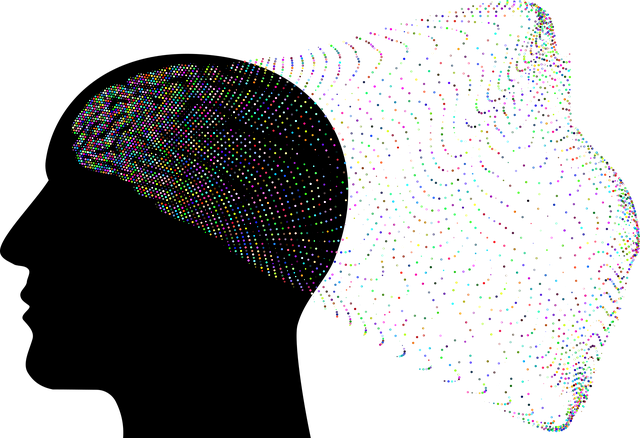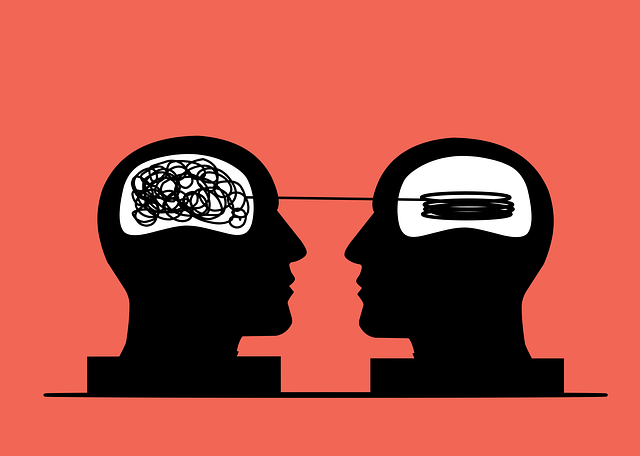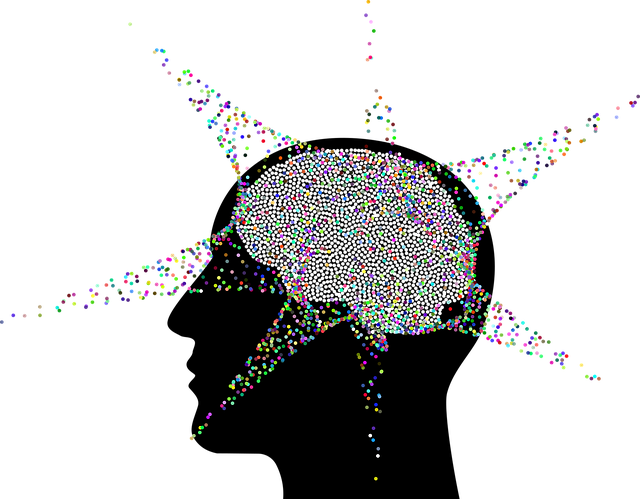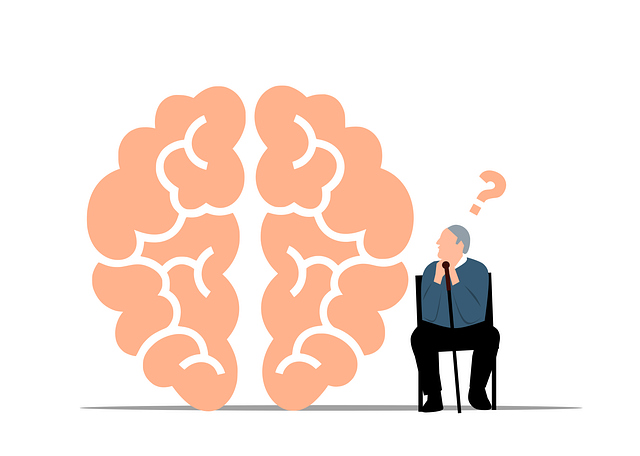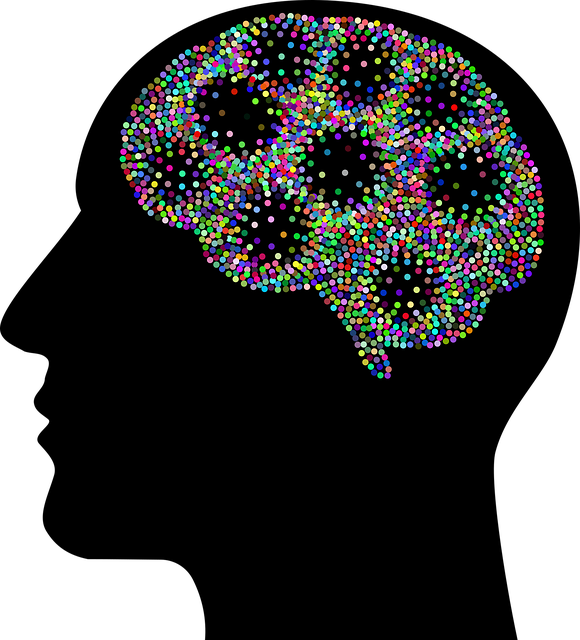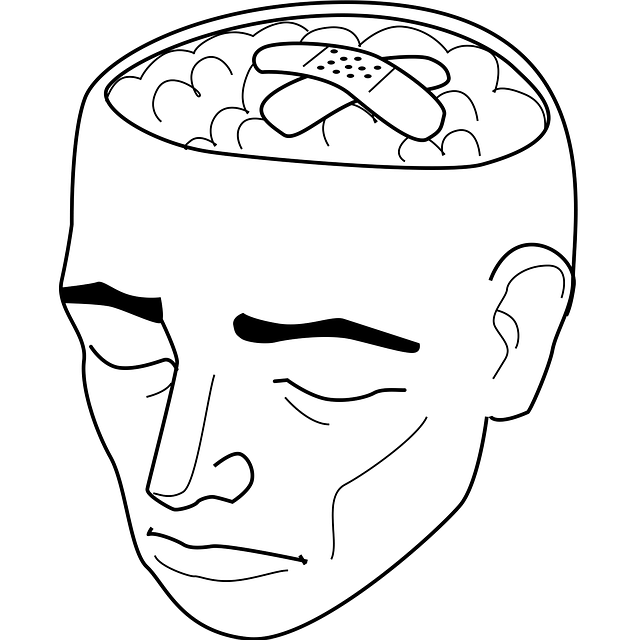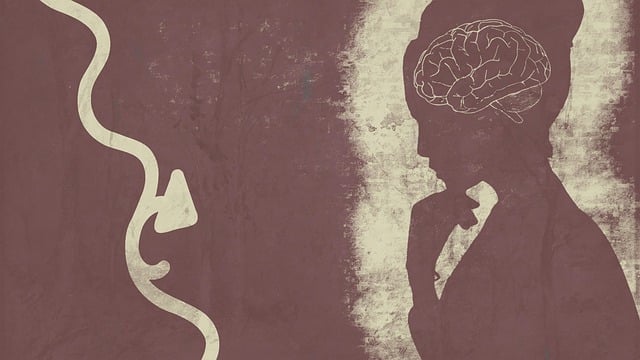Wheat Ridge Biofeedback Therapy offers a revolutionary approach to mental health assessment, combining advanced biofeedback techniques with communication strategies to accurately diagnose conditions like anxiety, depression, and PTSD. By providing precise data, it aids in policy analysis, public awareness campaigns, and early intervention, ultimately improving patient outcomes by preventing mental illness progression and fostering open discussions about mental wellness.
Mental illness diagnosis accuracy is paramount for effective treatment and patient outcomes. However, navigating complex symptoms and comorbidities presents significant challenges. This article explores strategies to enhance diagnostic precision, focusing on the transformative potential of Wheat Ridge Biofeedback Therapy. We delve into innovative assessment techniques that leverage advanced technology, highlighting their role in early intervention and supportive care. By understanding the current landscape and implementing these efforts, we can strive for more accurate and compassionate mental health care.
- Understanding the Challenges of Mental Illness Diagnosis
- The Role of Wheat Ridge Biofeedback Therapy in Accurate Assessment
- Innovative Techniques to Enhance Diagnostic Accuracy
- Promoting Early Intervention and Supportive Care Through Improved Diagnosis
Understanding the Challenges of Mental Illness Diagnosis

Diagnosing mental illnesses accurately can be a complex task due to their multifaceted nature and often subtle symptoms. The process involves sifting through various factors, including personal history, emotional experiences, and physiological responses, which can be challenging even for seasoned professionals. Many mental health conditions share similar indicators, making differentiation difficult, especially in the early stages. Additionally, individuals may struggle to express their feelings or exhibit unusual behaviors, posing further diagnostic hurdles.
Wheat Ridge Biofeedback Therapy offers a promising approach to enhance diagnosis accuracy. By teaching clients effective communication strategies and providing tools for self-assessment, this therapy empowers them to actively participate in the process. Moreover, it aids mental health professionals in conducting thorough risk assessments, ensuring early intervention and potentially preventing conditions like depression. Effective diagnosis is pivotal in tailoring appropriate treatment plans, ultimately improving patient outcomes.
The Role of Wheat Ridge Biofeedback Therapy in Accurate Assessment

Wheat Ridge Biofeedback Therapy plays a pivotal role in enhancing the accuracy of mental illness diagnoses. This innovative approach leverages biofeedback techniques to provide quantitative and qualitative data, offering a more nuanced view of an individual’s mental state. By measuring physiological responses such as heart rate variability, skin conductance, and brainwave activity, therapists can gain insights into emotional regulation, stress levels, and cognitive processes—all crucial factors in diagnosing conditions like anxiety disorders, depression, and even PTSD.
The integration of Wheat Ridge Biofeedback Therapy into the assessment process isn’t merely about gathering data; it’s about facilitating a more comprehensive understanding of mental wellness. This therapy supports the development of Mental Health Policy Analysis and Advocacy by providing evidence-based tools for accurate diagnosis, which can lead to more effective treatment plans. Moreover, its role in Public Awareness Campaigns Development is significant, as it helps to demystify mental illness, normalizing conversations around mental wellness through the data-driven insights gained from the therapy sessions.
Innovative Techniques to Enhance Diagnostic Accuracy

In recent years, the field of mental health diagnosis has seen a surge in innovative techniques aimed at enhancing accuracy and improving patient outcomes. One such game-changer is Wheat Ridge Biofeedback Therapy, which leverages advanced technology to provide real-time data on physiological responses, enabling mental health professionals to make more precise assessments. This dynamic approach integrates biofeedback with traditional therapy methods, fostering a deeper understanding of an individual’s mental wellness and facilitating personalized treatment plans.
Additionally, burnout prevention strategies and crisis intervention guidance have become integral components of these efforts. By incorporating techniques that address the emotional and physical toll of stress, professionals can enhance their diagnostic capabilities. Crisis intervention training equips practitioners with the skills to recognize and respond effectively to acute mental health episodes, ensuring timely and accurate diagnoses. Together, these initiatives contribute to a holistic improvement in mental illness diagnosis accuracy, ultimately advancing the field of mental health care.
Promoting Early Intervention and Supportive Care Through Improved Diagnosis

Early intervention plays a pivotal role in managing mental health effectively. Improving diagnosis accuracy is a crucial step towards achieving this goal. By enhancing diagnostic skills, healthcare providers can identify subtle symptoms and differentiate between similar conditions, ensuring timely and appropriate treatment. This proactive approach significantly impacts patient outcomes, as early intervention can prevent the progression of mental illness and reduce the risk of complications.
Wheat Ridge Biofeedback Therapy, for instance, is a specialized technique that trains individuals to gain control over their physiological responses, offering a valuable tool in mental health management. Burnout prevention strategies for healthcare providers and stress management workshops organization can further improve diagnosis accuracy by promoting better self-care and communication skills. Effective communication strategies facilitate patient-provider relationships, encouraging open discussions about symptoms, fears, and expectations, which are essential for accurate assessments.
Mental illness diagnosis accuracy has long presented significant challenges, but with advancements like Wheat Ridge Biofeedback Therapy and innovative techniques, we’re closer than ever to reliable assessments. By promoting early intervention through improved diagnostic tools, we can foster supportive care and better outcomes for those navigating mental health issues. These efforts are crucial steps towards a more compassionate and effective approach to healthcare.
